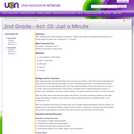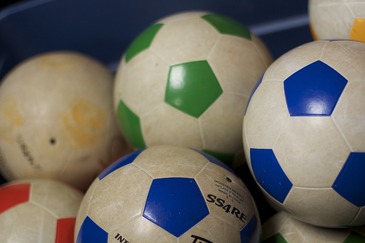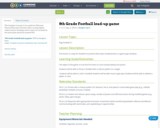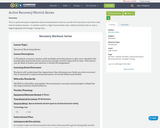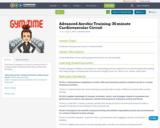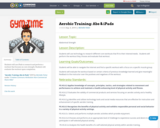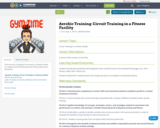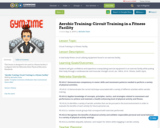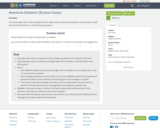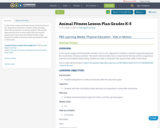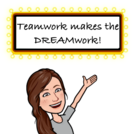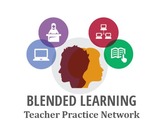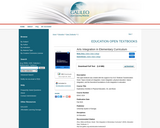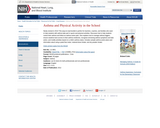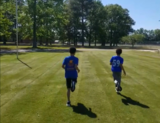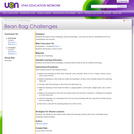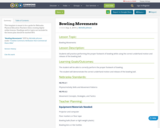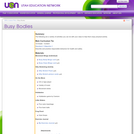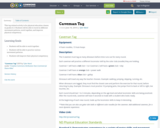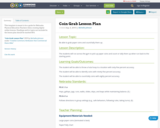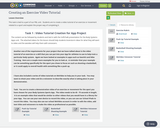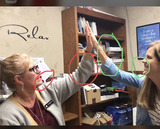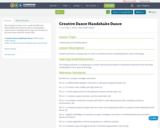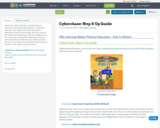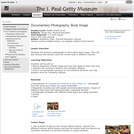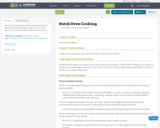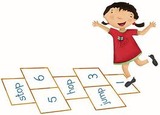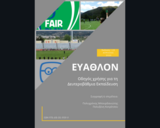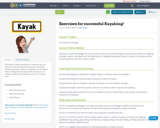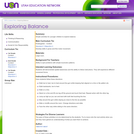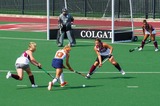Students' moral education appears increasingly necessary in our days, as the cultural and moral frame of modern life has compressed moral values like respect, personal and social responsibility, fairness, solidarity, tolerance, acceptance of diversity. The development of moral-active citizen is considered as main objective in policies of European Union and United Nations Organization, so that intense moral decline phenomena of our days could be faced. Socrates argued that “Virtue is teachable”, since parameters of moral character such as empathy, collaboration culture, problem solving skills are being developed throughout all our lifespam.
Sport engagement often emphasizes in cognitive and kinetic skills overlooking social, sentimental and psychological skills. Thus, just participating in sport does not necessarily promote moral development. Consequently, sport programs have to incorporate strategies directed at the development of moral values and moral reasoning.
Social scientists argue that, it is not possible to develop personal and social responsibility in students, just by oral instructions. Only “learn-by-doing” methods could help students transfer the developed skills, in different contexts of their lives.
Physical Education has been an outstanding setting for applying moral development strategies, due to the opportunities it provides for reflection, role playing, responsibility building, solidarity and collaboration culture. For this reason, over the past two decades, moral development programs were applied in Physical Education, such as Teaching Personal and Social Responsibility Model (T.P.S.R.) and the Sport Education Model (S.E.M.). Solidarity, honesty, fairness, responsibility, collaboration, respect of self and others, are moral values that should be strengthened during a school PE session.
“Evathlon” could be described as an educational program aiming in developing those moral values, in the context of school Physical Education. By triggering students’ critical thinking and critical judgment on earlier experiences, as well as by engaging them in specifically planned sport experiences, morality development is sought.
Program’s main objective is to have a positive impact on students’ social behavior during sport events, as well as in other contexts of their social life. Educative interventions in the setting of school football events have been planned to gradually develop K7 to K9 students’ morality.
Being based on social cognitive theory and on structural learning theory, the interventions combine above-mentioned theories to provide better social interaction and develop moral reasoning in an optimal way. Students are being inspired and motivated by their “sport role models" using interactive tools (e.g. videos, word
clouds, quizzes, comics) in asynchronous e-learning environment (LMS Edmodo) and then during school football events they experience in practice respect in rules, interact, develop social skills, confront moral dilemma situations and cultivate their moral reasoning.
Physical Education and school sport events constitute ideal environments for experiential and moral dilemma situations, under conditions of safe and moderate competition. Moreover, football is a sport of moderate bodily contact, offering lots of occasions for social interactions that increase the potential of positive, as well as antisocial and illegitimate behaviors.
'Evathlon' innovates, as by using blended learning techniques, gives students a central role in the educational process, developing their experiences and facilitating their team-based approach to knowledge. Sport role models and specially designed “learn-by-doing” experiences promote the adoption of desirable fair play
behaviors.
Decisive for fulfilling the aim of Evathlon sport program, is the carefully designed educational process, which actively involves students in all stages, thus strengthening their engagement in it, providing opportunities for critical reflection, role playing, problem solving and adoption of “desirable behaviors”.
At the same time, program planning permits its feasible adjustment in the context of any individual or team sport. Its positive effect in the improvement of student social behavior is expected to be significant, confirming the effectiveness of the intervention and prompting its extensive adaptation in other teaching areas that have been outlined for school Physical Education.
